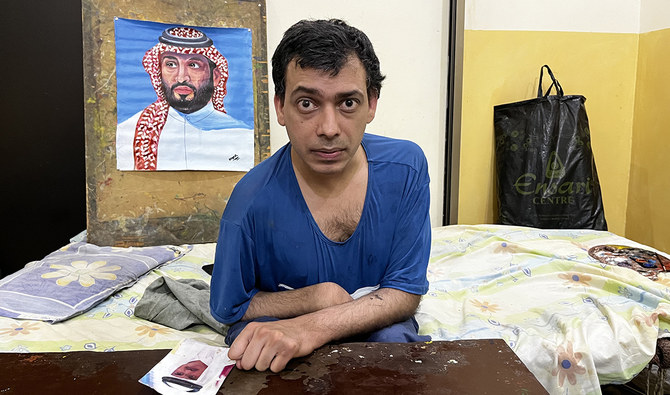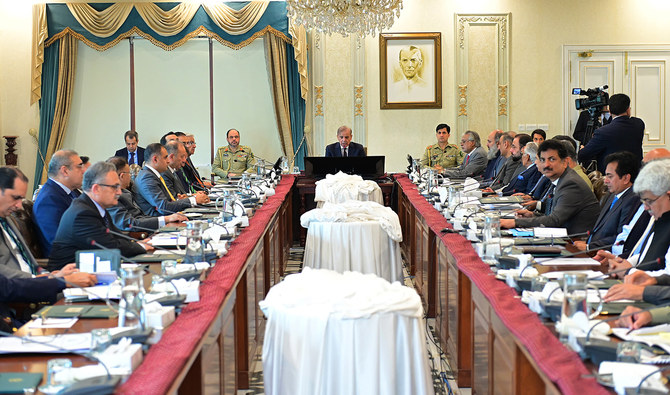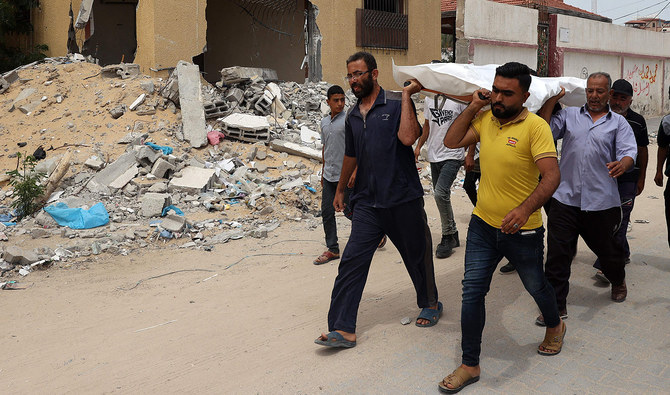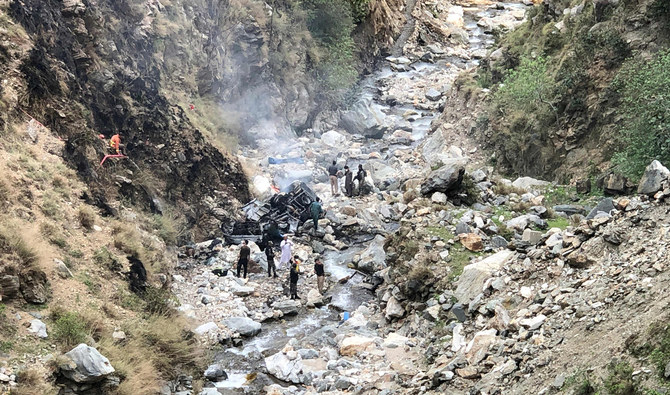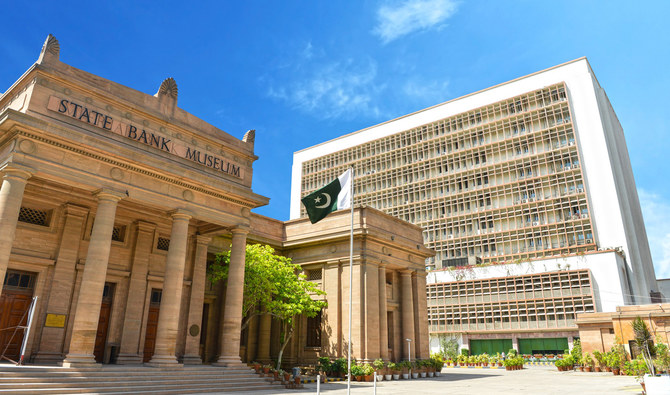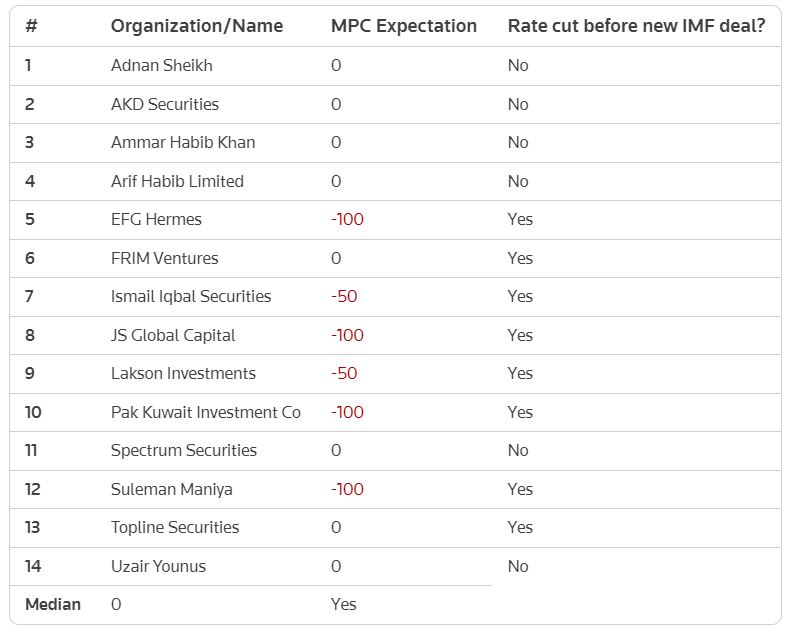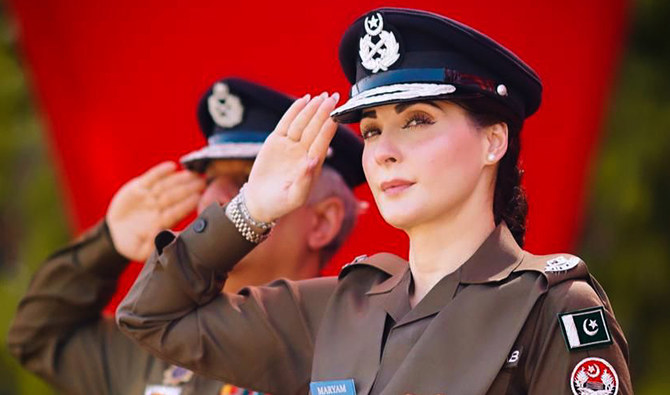LAHORE: Despite suffering from an incurable neurological disorder all his life that has hampered his ability to communicate, a young artist from Pakistan’s eastern city of Lahore has created portraits of Muslim leaders from around the world, including the Saudi crown prince, to prove that disability is not a burden.
Umar Jarral, 33, suffers from cerebral palsy (CP), a permanent movement disorder that can impact a person’s coordination, lead to compromised muscle strength, and produce tremors due to the irregular development of certain parts of the brain that control balance and posture. There is no known cure for CP, but people with it can live a rich and active life with therapy, supportive treatment, and medicine.
Jarral uses computers to communicate as he lost the ability to speak when he was 15. According to his sister, even though his motor skills are deteriorating with age, his passion for painting is still thriving.
His latest work includes a portrait of Saudi Crown Prince Mohammed bin Salman, which took him three months to finish. He is currently working on a painting of Qatari Emir Sheikh Tamim bin Hamad Al-Thani. The artist has also created images of United Arab Emirates Prime Minister Sheikh Mohammed bin Rashid Al-Maktoum, Dubai’s Crown Prince Sheikh Hamdan bin Mohammed, and Turkish President Recep Tayyip Erdogan.
“Umar is making paintings of all Muslim leaders, and he also made [a portrait of] Prince [Mohammed bin] Salman, as he wants to meet him. He wants all leaders of Muslim countries to unite and do something for the betterment of Muslims,” Sumera Khurram, the artist’s sister, told Arab News while informing Jarral wanted to create a shelter home for children suffering from CP.

The picture shared on March 16, 2023, shows Umar Jarral posing for a picture with the portrait of Saudi Crown Prince Mohammed bin Salman in Lahore, Pakistan. (@umerjarral15/Twitter)
“Umar aims to make a shelter home for children with a disability like him who depend on others. He wants to [create] an institute for those parents who have children with disabilities, parents who get old, die, or their normal siblings get married,” she said.
“To do that, it is necessary that he [holds] an exhibition,” she continued. “People know him internationally, and he wants to set an example for those who consider their disabled siblings and children a burden.”

The pictures show portraits of Saudi Crown Prince Mohammed bin Salman (center), Vice President and Prime Minister of the United Arab Emirates (UAE) and Ruler of Dubai, Sheikh Mohammed bin Rashid Al-Maktoum (left), Dubai Crown Prince, Sheikh Hamdan bin Mohammed, in Lahore, Pakistan, on March 16, 2023. (AN Photo)
Khurram believes that her brother’s ability to paint despite his disability was “nothing short of a miracle.” Jarral has been painting for almost 20 years, and his treasure trove is an upsize green plastic bag, which holds years of his hard work.
Earlier this month, Jarral also had the chance to meet Shaheen Shah Afridi, Pakistani pacer and captain of Pakistan Super League franchise Lahore Qalandars.
Jarral also met ex-prime minister Imran Khan, who gave him the title of an artist, shortly before the fall of his administration.
“He [Imran Khan] said, ‘Umar, you are our artist,’ while promising to hold [his] exhibition at an international level, but his government was sent home 15 days later,” Ahmed added.



